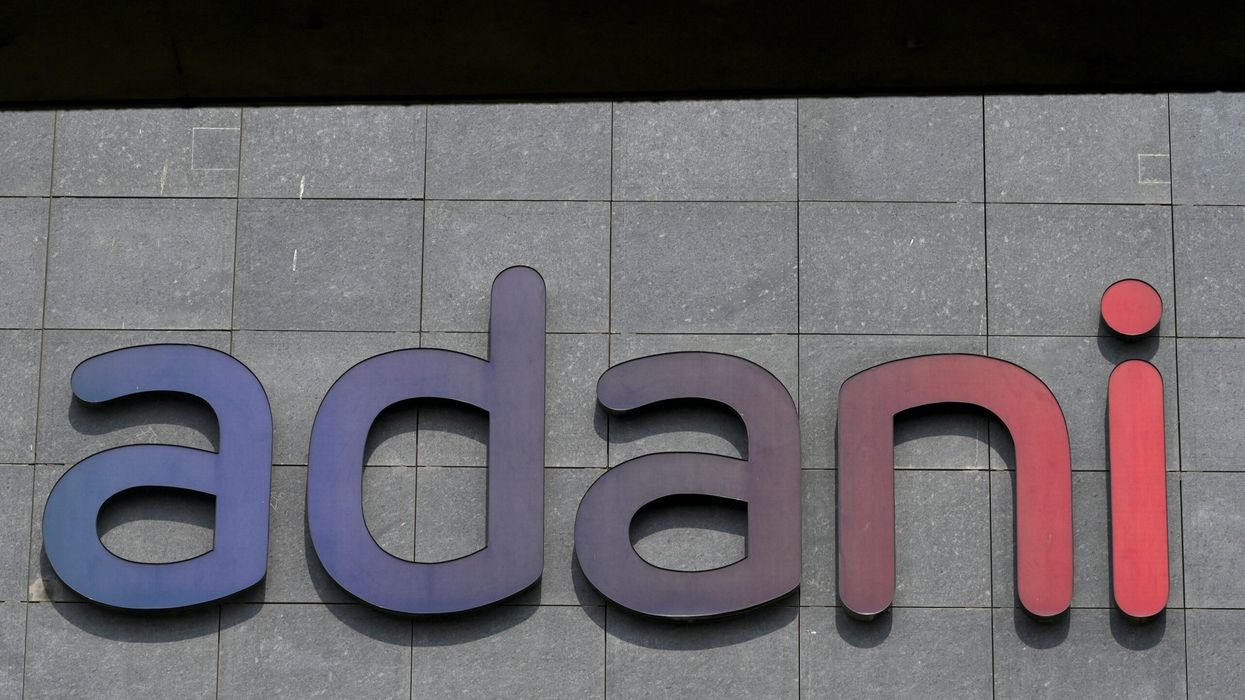BANGLADESH has halved the power it buys from India's Adani Power, citing lower winter demand, government officials said on Monday (2), amid disagreements over dues running into hundreds of millions of dollars.
Adani halved supply to Bangladesh on October 31 over payment delays as the country battles a foreign exchange shortage.
Subsequently Bangladesh told Adani to keep supplying only half the power for now, officials said, although it will keep paying its old dues.
"We were shocked and angry when they cut our supply," said Md. Rezaul Karim, chairperson of the state-run Bangladesh Power Development Board (BPDB). "Winter demand is now down, so we have told them there is no need to run both units of the plant."
Adani has been supplying power under a 25-year contract signed in 2017 under ousted prime minister Sheikh Hasina, from a $2-billion power plant in India's eastern state of Jharkhand that has two units, each with capacity of about 800 megawatts.
A document seen by Reuters showed the plant ran at only 41.82 per cent capacity in November, the lowest this year, with one unit shut since November 1.
Two BPDB sources said Bangladesh had bought about 1,000 MW a month from Adani last winter, adding that Adani had asked the board when it would resume normal purchases, but had not received a definitive answer.
An Adani Power spokesperson said the firm was continuing supply to Bangladesh, although mounting dues were a significant concern, making plant operations unsustainable.
"We are in constant dialogue with senior officials of BPDB and the government, who have assured us that our dues will be cleared soon," said the spokesperson.
The firm was confident Bangladesh would fulfil its commitments, just as Adani had upheld its contract obligations, he added.
Karim said Bangladesh owed Adani about $650 million, and paid about $85m last month and $97m in October.
An Adani Power source, speaking on condition of anonymity, said the dues had jumped to about $900m, hurting its debt profile and risking a higher cost of funds.
Bangladesh wants to sharply lower prices under the Adani deal, unless it is cancelled by a court, which has called for an investigation into it, the de facto minister for power and energy told Reuters last Sunday (1).
The Adani Power spokesperson said the firm had no indication that Bangladesh was reviewing its power purchase pact.
Adani charges the highest rate of all Indian suppliers to Bangladesh, a government document seen by Reuters showed.
Its cost per unit was 14.87 taka during the fiscal year that ended on June 30 2024, compared with an average of 9.57 for all Indian suppliers.
The retail price in Bangladesh is 8.95 taka a unit, leading to an annual power subsidy bill of 320 billion taka ($2.7 billion).
"Because the prices are high, the government has to subsidise," said Muhammad Fouzul Kabir Khan, Bangladesh's power and energy adviser. "We would like power prices, not only from Adani, to come down below the average retail prices."




